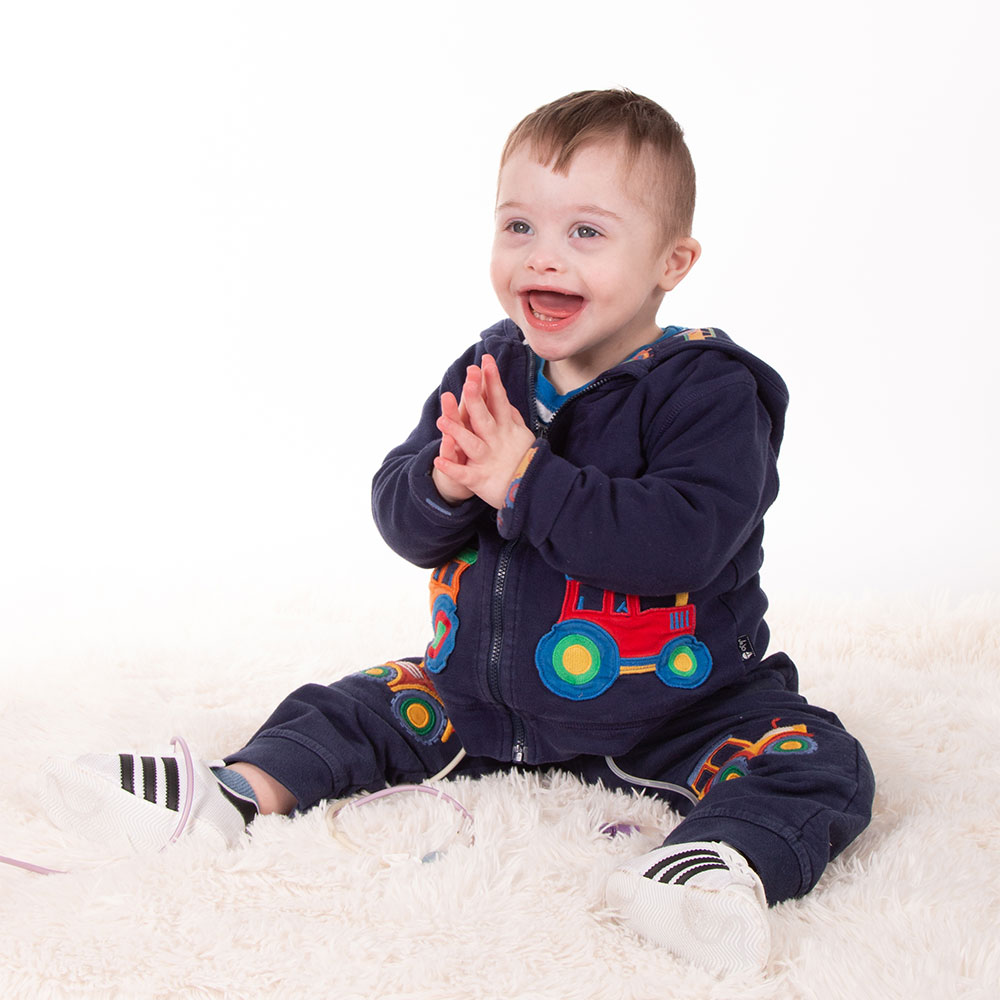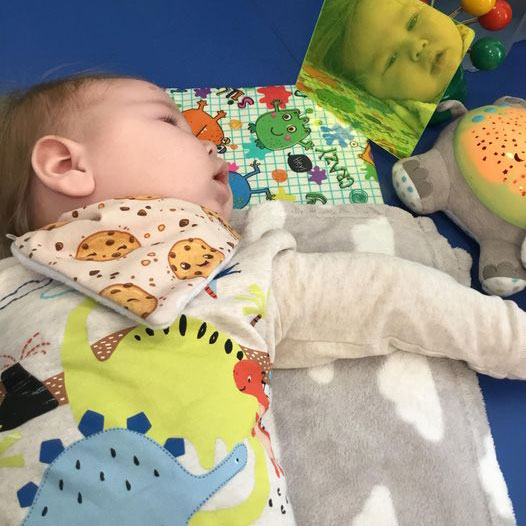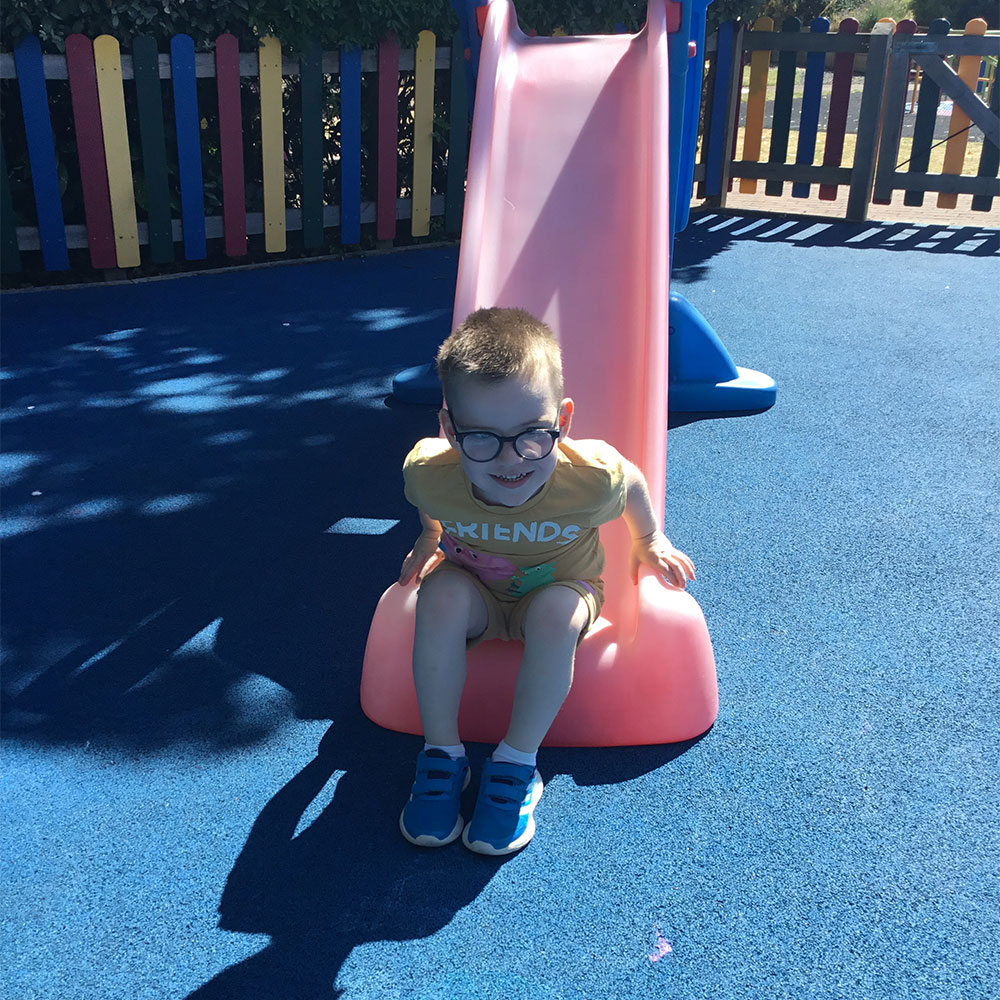My pregnancy with Freya was easy, and she arrived safely at 37 weeks. Labour and delivery were straightforward. She did seem sleepier than expected, but we were reassured that it was normal for a baby born a little early. It made sense, she wasn’t quite due yet.
But just three days later, everything changed. Freya suddenly stopped breathing at home. Her dad, running on instinct, performed CPR while we waited for the ambulance. She arrested again on the way to hospital. A scan revealed a massive brain haemorrhage caused by a rare venous anomaly. We were told she might not survive.
At two weeks, she developed hydrocephalus and had surgery to relieve the pressure on her brain. An MRI showed the extent of the damage, and Freya spent a month in intensive care on a ventilator. When the team tried to take her off, they didn’t think she’d manage, but she surprised everyone and breathed on her own.
Then came the diagnosis: NKH (Non-Ketotic Hyperglycinemia), a rare, life-limiting genetic condition. It explained her seizures, low tone, and breathing problems. There’s no cure yet. Freya stayed in hospital for 12 weeks, and at 14 months, she has no head control, is tube fed, has daily seizures, and is visually impaired.
Every day is a fight, but we make sure she is wrapped in love, kisses, and cuddles. Her diagnosis has been incredibly hard on us as a couple. After nine years together, we almost broke. Thankfully, with support, we’re slowly finding our way back to each other.
Freya now attends Little Kites at James Hopkins Trust. It’s just one session a week, but it gives me a chance to breathe, go for a walk with our dog Margot, or simply feel like me again. JHT gives me those precious hours to reset. Freya is so loved there, they know her little quirks and needs. It’s also where I’ve found other parents who truly understand.





